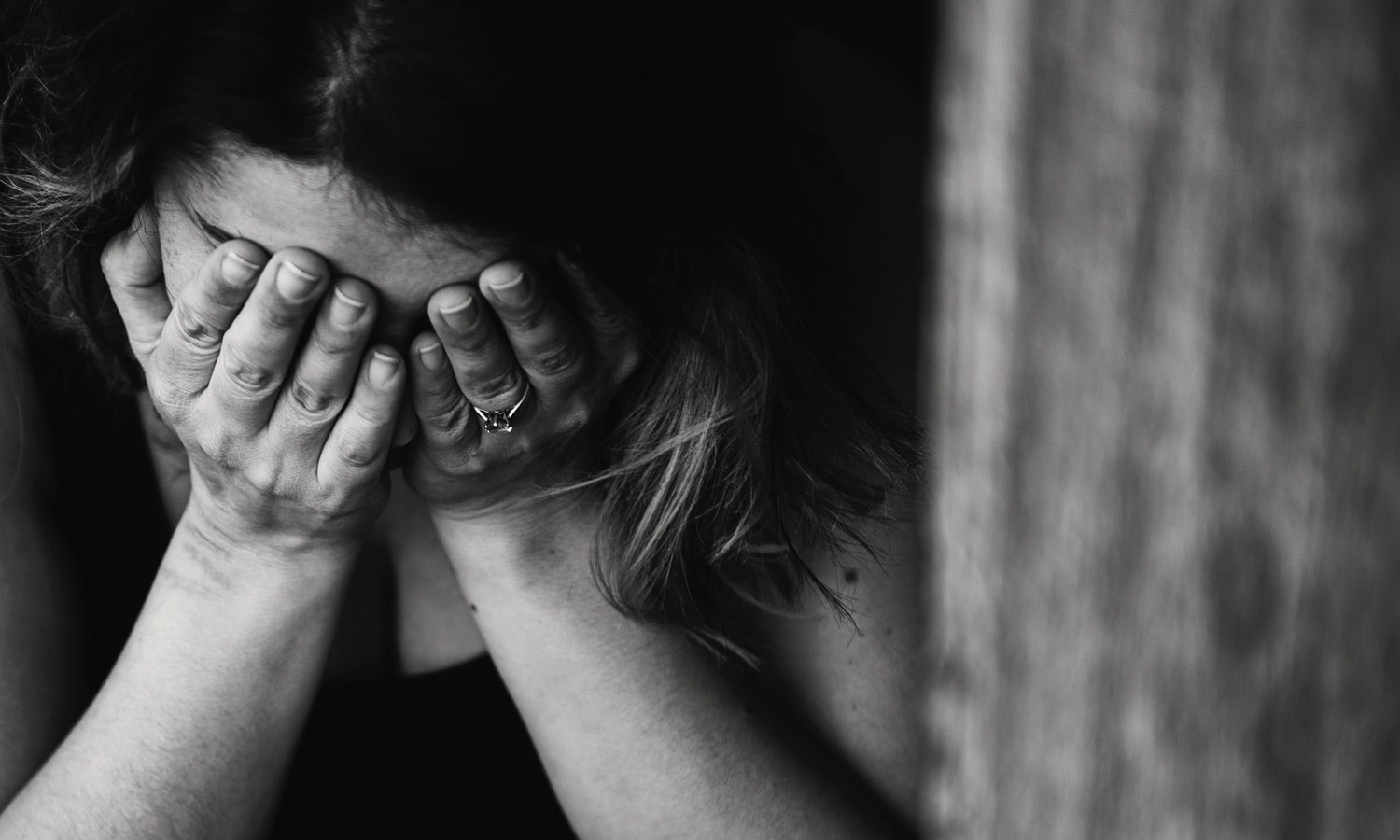One study found that cannabis reduces perceived symptoms of negative affect in the short-term, but continued use may exacerbate baseline symptoms of depression over time.
Current research on how marijuana affects mental health disorders is mixed, but the public perceives the relationship differently. About 50% of adults believe cannabis relieves symptoms from anxiety, stress, and depression, a 2018 national survey reported. Of the more than 16,000 U.S. adults who were polled, only 15% of them thought marijuana could worsen symptoms of depression.
A study published in the medical journal JAMA Network Open calls that perception into question. Researchers tracked the cannabis habits of more than 16,000 people across 11 years and discovered individuals with depression had about double the risk of using marijuana than those without depression.

“[T]hese findings are concerning, given that both heavier use and depression have been associated with increased risk of cannabis-related harm,” the study’s authors wrote.
How cannabis affects depression, both positively and negatively, is not yet fully understood. One study reported cannabis could relieve stress-induced depression and Canadian researchers found marijuana was an effective anti-depressant at low doses.
RELATED: Study Links Teen Marijuana Use With Adult Depression
But a landmark 2017 study concluded that for people with depression “cannabis reduces perceived symptoms of negative affect in the short-term, but continued use may exacerbate baseline symptoms of depression over time.”
That marijuana possibly worsens depression over time concerned researchers in the recent investigation, as they saw a “concerning” trends between the two. These researchers used data from the National Health and Nutrition Examination Survey to track marijuana use by 16,216 U.S. adults ages 20-59 between 2005 and 2016. Among those participants, 1,413 received positive diagnosis for major depression through Patient Health Questionnaire-9 — a survey doctors use to objectify degrees of depression severity.

The number of people with major depression didn’t really change across the 11-year span, but using marijuana dramatically spiked, particularly for those with depression. In 2005, those with depression were 46% more likely to consume marijuana, but by 2015 they were 130% more likely to do so. The odds of near-daily marijuana use for people with depression jumped even higher; in 2005 they were 37% more likely to use cannabis more than 20 days per month, but 216% more likely to do so in 2015.
RELATED: Microdosing Marijuana For Depression: What To Expect
“These results suggest that over time, a higher proportion of individuals with depression are using cannabis,” the study’s authors wrote. “This could be the case if an increasing number of individuals with depression are using cannabis to self-medicate, potentially influenced by media and advertising presenting cannabis as beneficial to health.”
Although their analysis showed this relationship, researchers noted that further studies into the possible explanations and causes of the increasingly strong association is needed. Until then, the authors recommended new information campaigns about the possible risks related to cannabis and depression.


